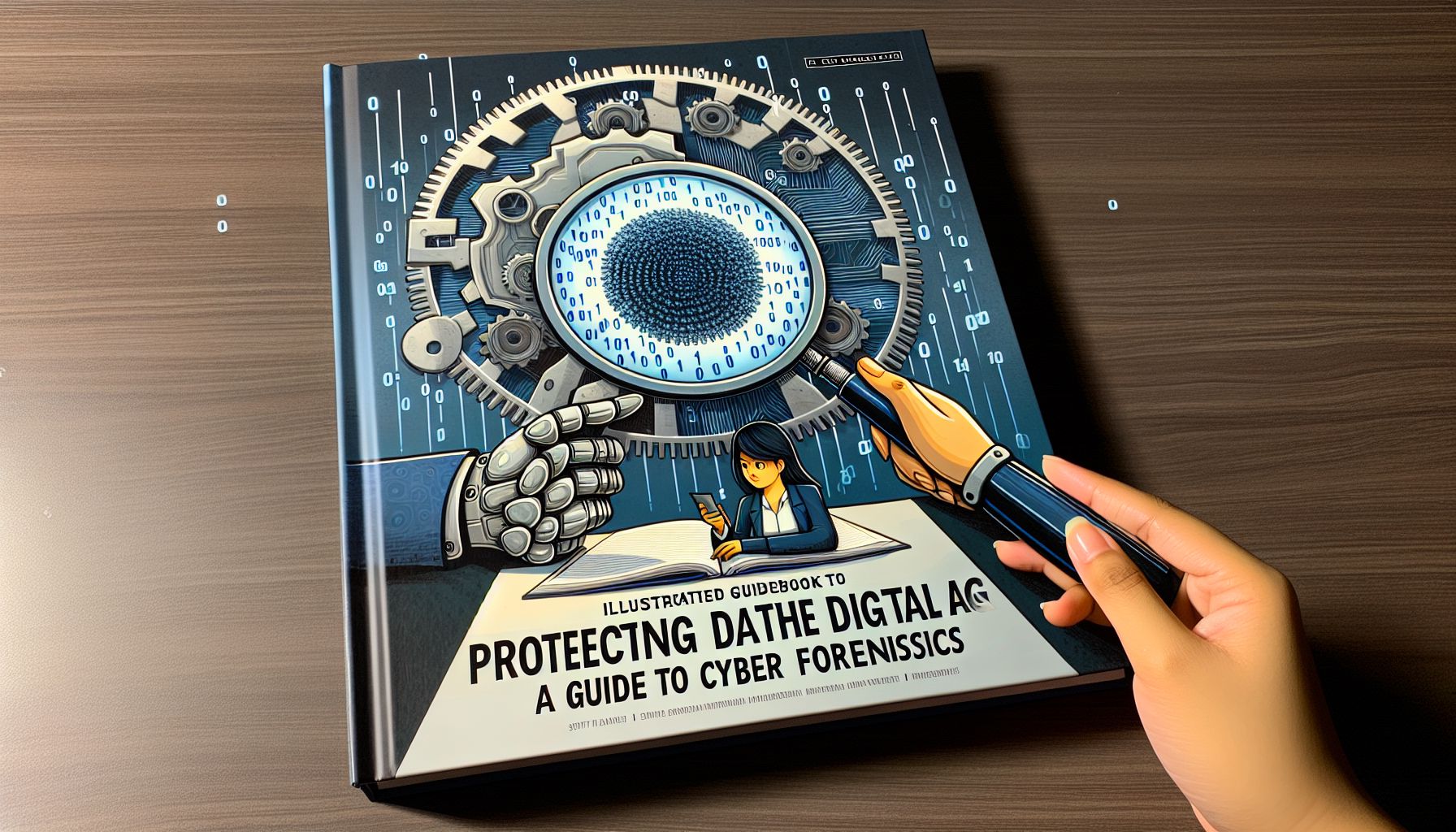In today’s digital world, data privacy is more important than ever. With cyber attacks becoming increasingly sophisticated, it is crucial for organizations to have proper measures in place to protect their sensitive information. This is where cyber forensics comes into play.
Cyber forensics, also known as computer forensics, is the process of collecting, analyzing, and preserving digital evidence in a way that is admissible in a court of law. It involves using various techniques and tools to investigate cyber crimes, data breaches, and other digital incidents.
One of the key goals of cyber forensics is to identify and mitigate security vulnerabilities within an organization’s systems. By conducting forensic analyses of digital devices and networks, experts are able to uncover any anomalies or malicious activities that may have occurred. This information can then be used to improve security protocols and prevent future attacks.
In addition to detecting and preventing cyber attacks, cyber forensics also plays a crucial role in incident response. In the event of a data breach or security incident, forensic investigators can quickly assess the situation, identify the source of the breach, and take appropriate action to contain and resolve the issue.
When it comes to data privacy, cyber forensics can help organizations comply with data protection laws and regulations. By ensuring that sensitive information is stored and handled securely, organizations can avoid costly fines and reputational damage resulting from data breaches.
To effectively implement cyber forensics within an organization, it is important to consider the following best practices:
- Establish clear policies and procedures for handling digital evidence.
- Train employees on proper data handling and security protocols.
- Invest in advanced forensic tools and technologies to aid in investigations.
- Work closely with legal experts to ensure that forensic processes adhere to legal standards.
- Continuously update and improve security measures to stay ahead of evolving threats.
By following these best practices, organizations can better protect their data and mitigate the risks associated with cyber attacks. Cyber forensics is an essential tool in today’s digital landscape, helping organizations safeguard their sensitive information and maintain data privacy.
In conclusion, cyber forensics plays a critical role in protecting data in the digital age. By leveraging advanced techniques and tools, organizations can detect, respond to, and prevent cyber attacks, ensuring the security and privacy of their information. With proper implementation of cyber forensic practices, organizations can stay ahead of potential threats and safeguard their valuable data assets.


